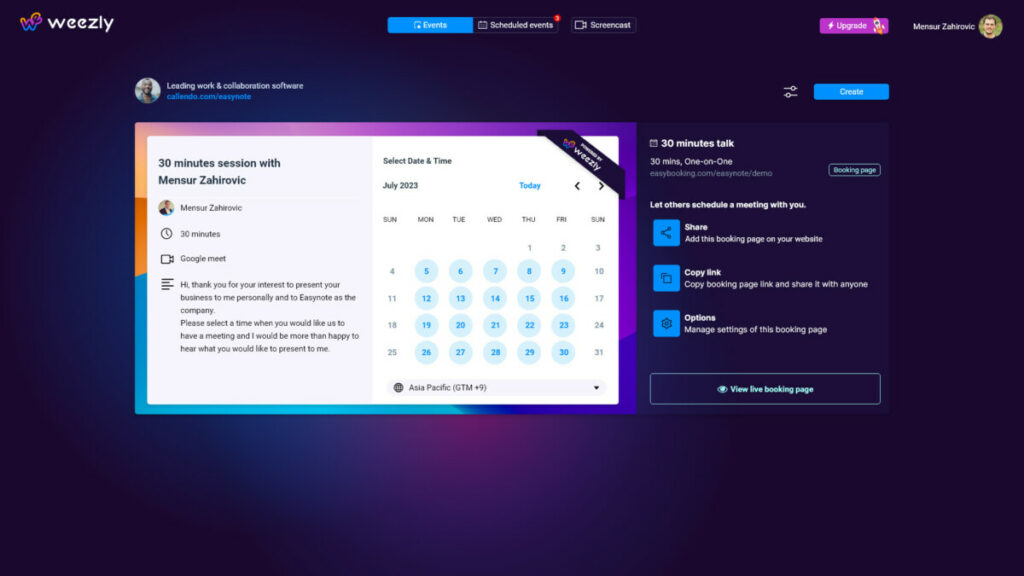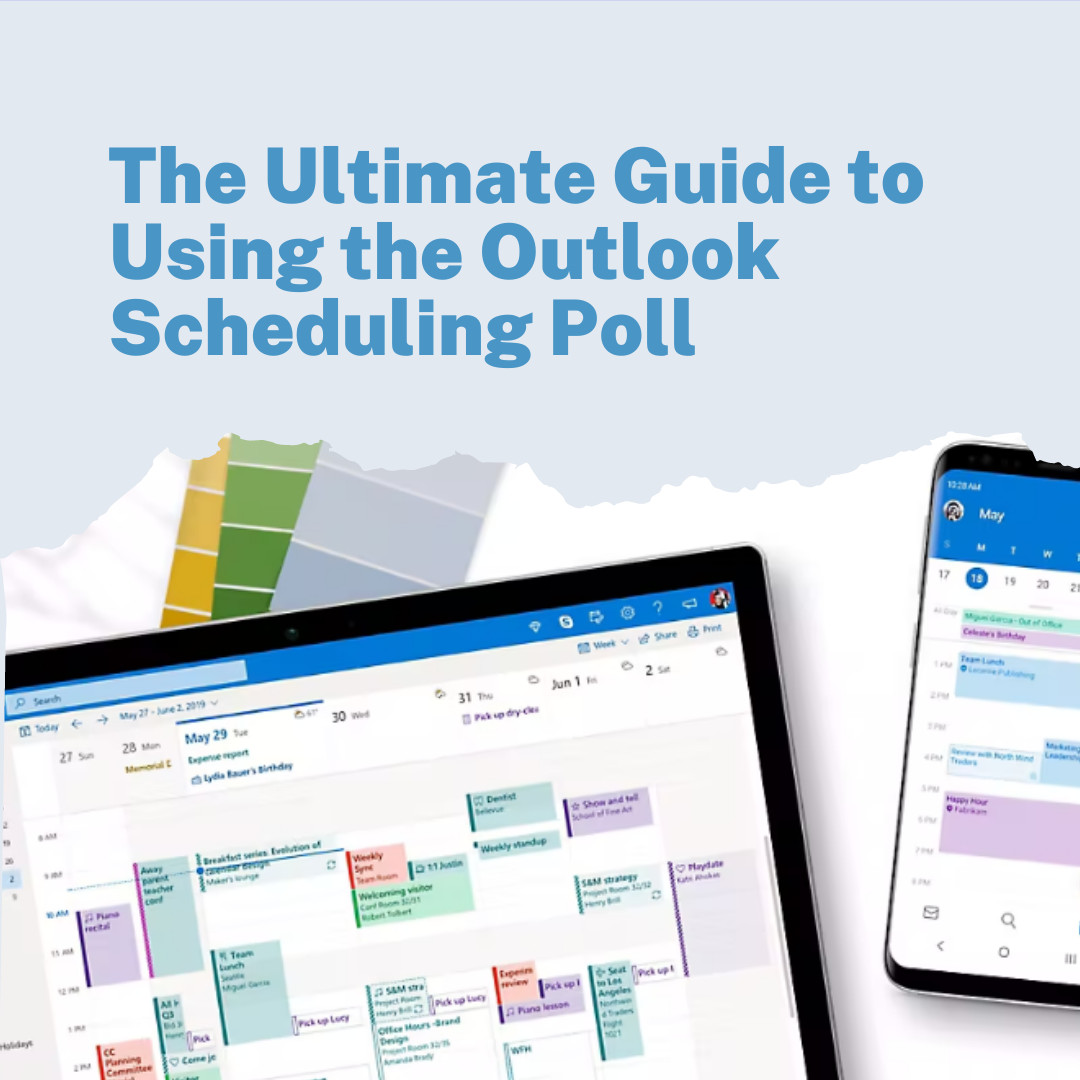In today’s fast-paced world, the phrase “find a time” has become more than just a casual suggestion; it’s a vital skill for personal and professional success. Whether you’re a busy professional, a student juggling multiple responsibilities, or anyone trying to make the most of their day, mastering time management is essential. This comprehensive guide will explore various strategies, tools, and tips to help you find time for what matters most in your life.

Understanding Time Management
Time management is the process of organizing and planning how to divide your time between specific activities. Good time management enables you to work smarter – not harder – so that you get more done in less time, even when time is tight and pressures are high.
Why Time Management Matters
- Increases Productivity: Efficient time management helps you complete more tasks in less time.
- Reduces Stress: By organizing your time, you alleviate the stress associated with tight deadlines.
- Improves Quality of Work: With better focus, the quality of your work improves.
- Enhances Personal Growth: Time management skills are essential for personal and professional development.
The Pillars of Effective Time Management
To effectively manage your time, consider these key pillars:
- Setting Goals: Clearly defined goals help prioritize your activities.
- Prioritization: Understanding what tasks are most important and urgent.
- Planning: Allocating time to tasks and activities based on their importance.
- Avoiding Procrastination: Developing strategies to stay focused and avoid delays.
- Balancing Work and Life: Ensuring you find time for both work and personal activities.
Strategies for Finding Time
1. Goal Setting
Start with setting SMART (Specific, Measurable, Achievable, Relevant, and Time-bound) goals. Clearly defined goals give direction and purpose to your activities.
2. Prioritization Techniques
- Eisenhower Box: Divide tasks into four categories: urgent and important, important but not urgent, urgent but not important, and neither urgent nor important.
- ABC Method: Rank tasks from A (most important) to C (least important).
3. Effective Planning
- Time Blocking: Allocate specific time blocks for tasks.
- To-Do Lists: Create daily to-do lists to keep track of tasks.
4. Overcoming Procrastination
- Pomodoro Technique: Work in short bursts with breaks.
- Five-Minute Rule: If a task takes less than five minutes, do it immediately.
5. Balancing Work and Life
- Set Boundaries: Define clear work-life boundaries.
- Schedule Downtime: Ensure you schedule time for relaxation and hobbies.

Tools to Help You Find Time
Leveraging technology can be a game-changer in managing your time effectively. Here are some tools that can help:
- Calendar Apps: Google Calendar, Microsoft Outlook.
- Task Management Tools: Trello, Asana.
- Time Tracking Apps: RescueTime, Toggl.
- Scheduling Tools: Weezly
Tips for Effective Time Management
- Start Your Day Early: Utilize the morning hours for high-priority tasks.
- Limit Distractions: Create a distraction-free work environment.
- Take Regular Breaks: Short breaks can boost productivity and creativity.
- Learn to Say No: Don’t overcommit; learn to decline non-essential tasks.
The Role of Mindfulness in Time Management
Mindfulness and time management are closely linked. Being mindful about your activities helps you stay focused and use your time more effectively.
Mindfulness Techniques
- Meditation: Regular meditation can improve focus.
- Mindful Breaks: Take brief moments throughout the day to center yourself.
Conclusion
Finding time in a busy world is challenging, but with the right strategies and tools, it’s achievable. By setting goals, prioritizing tasks, planning effectively, overcoming procrastination, and balancing work and life, you can enhance your productivity and quality of life.







